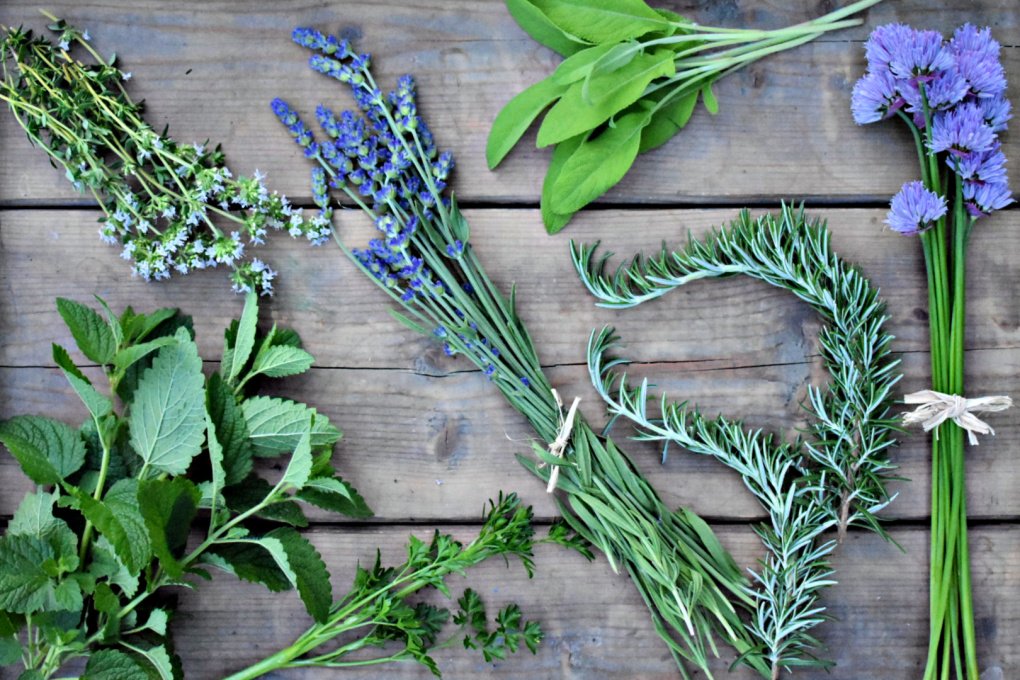
3 Herbs That Can Help Reduce Stress
In a world where we are always on the go and a lot of us have schedules that make us feel like we are surviving rather than thriving – you can imagine stress and overwhelm are at the forefront of health concerns.
We tend to minimize it but mental and emotional imbalances are a BIG DEAL. Not only do they mess with our outlook and ability to take action. They also affect our physical body. Stress and overwhelm are chronic for many, affecting quality of life and accelerated aging of body and mind.
Even though a certain level of stress hormones can be helpful to to stay focused and alert, too much cortisol and adrenaline for too long affect everything from our attitude to our digestion. It has serious implications for body and mind.
Seems crazy but stress can be at the root of illnesses like heart disease, asthma, obesity, diabetes, headaches, depression and other issues like hormonal imbalance.
While dietary and lifestyle behaviors remain the most important and influential factors to deal with stress in your life, several herbs are useful tools to calm our stresses. Here are 3 herbs that can help you ease stress:
1.Lavender
Lavender is a flowering plant belonging to the mint family. Many people use lavender to help calm the nerves and alleviate anxiety. People may use lavender in the following ways:
- making tea from the leaves
- using the oil in aromatherapy
- mixing the essential oil into a base oil for massage
- adding the oil or flowers to baths
- Chamomile is a flowering herb similar in appearance to a daisy. There are two types of chamomile that people can use medicinally: Roman chamomile and German chamomile.
Some people use chamomile in the following forms to help relieve stress and anxiety:
- tea
- extract
- tablet
- skin cream
- Valerian
Valerian or Valeriana officinalis is a plant native to Europe and Asia. For many centuries, people have used the root to help treat sleep problems, anxiety, and depression.
Valerian root is available in the following forms:
- tea
- tablet
- tincture
People have been using herbs for thousands of years to treat many health conditions.
As with prescription medications, some herbal products can cause side effects, though the ones above are unlikely to. Its usually worthwhile to start with milder natural remedies before hitting up big pharma. Those drugs are there if you need them, but there are milder, more balanced interventions that are effective and produce less side effects. As always, its better to see a qualified practitioner or herbalist to get the right mix for you.
Anderson, S., et al. (2016). Anxiety and methylenetetrahydrofolate reductase mutation treated with s-adenosyl methionine and methylated b vitamins.
https://www.ncbi.nlm.nih.gov/pmc/articles/PMC4898281/
Chamomile. (2016).
https://nccih.nih.gov/health/chamomile/ataglance.htm
Lavender. (2016).
https://nccih.nih.gov/health/lavender/ataglance.htm
Valerian. (2016).

